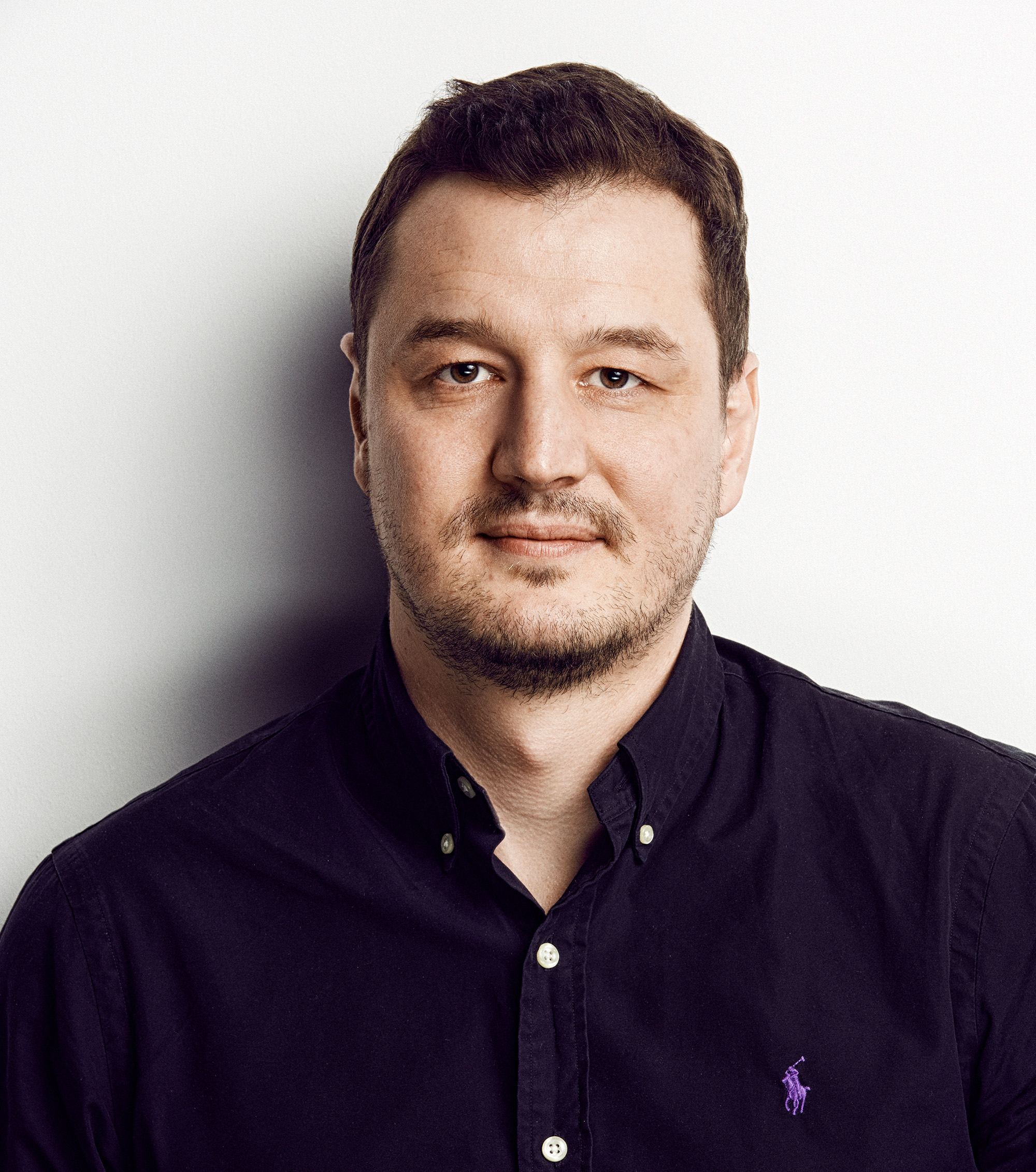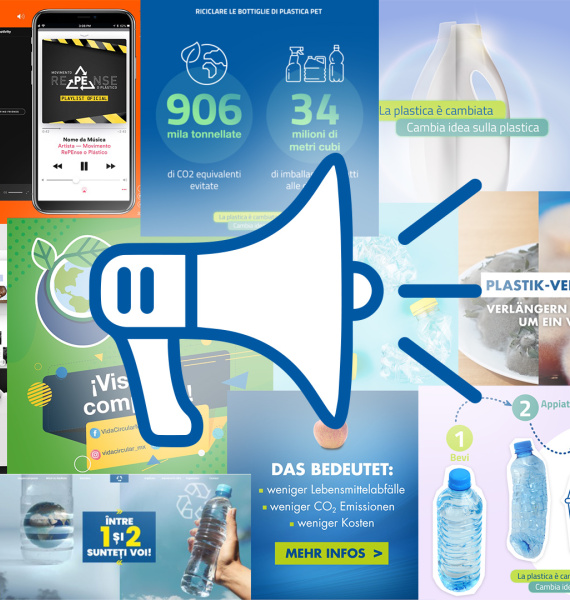ALPLA speaks with Plastic is Fantastic
With the Plastic is Fantastic project, launched in spring 2021, ALPLA is giving the fantastic material plastic a global voice. The aim is to raise awareness in society of using plastic responsibly as a valuable material and to engage in dialogue with people. Facts, arguments and the courage to debate help to dispel the myths surrounding PET and other plastics.
By the end of 2022, campaigns had already been implemented in Austria, Germany, Italy, Poland, Romania, Spain, the Czech Republic, Brazil, Mexico, the USA and the United Arab Emirates. Further campaigns are planned in countries such as the UK and France in the coming years.



